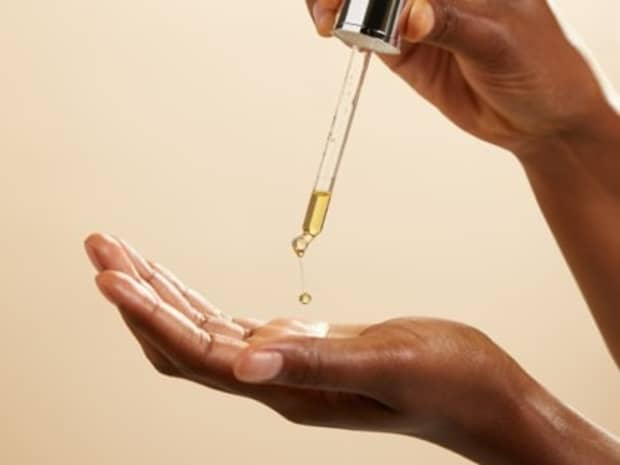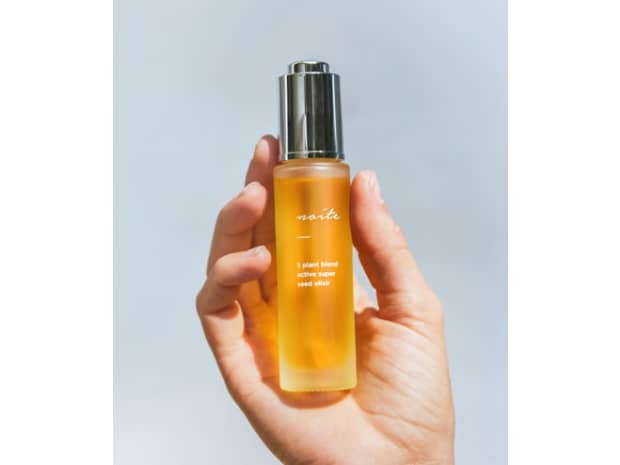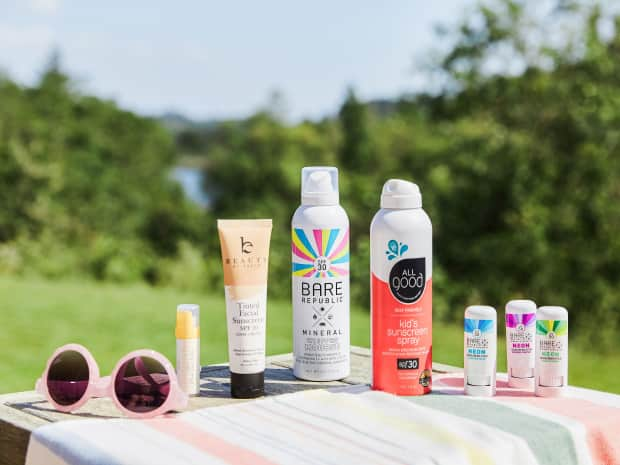Helps even out skin tone
CoQ10 blocks the enzyme tyrosinase – which contributes to the production of pigment. Blocking this enzyme could help fade or even prevent dark spots.


Last Updated: March 24, 2022
Ever wonder what CoQ10 can do for your face? Dermatologist Anna Chacon gives us the lowdown on this multi-tasking enzyme and offers pro tips for integrating it into your skincare routine.
Hello! I’m Dr. Anna Chacon, a board-certified dermatologist living in sunny Miami, FL. I run a private practice where I specialize in medical, surgical, and cosmetic dermatology with an emphasis on providing necessary medical care for indigenous Alaskan and American Indian tribes.
I’ve had a passion for dermatology from a young age, and I love talking about all things skincare. A common question I get is about CoQ10 — what it is, what its benefits are, and how to use it. If you’re curious about this skincare ingredient, too, you’ve come to the right place.

Coenzyme Q10, commonly called CoQ10, is an enzyme naturally found in every cell of our body, with the highest levels in the heart, liver, and kidneys. It’s a powerful antioxidant that helps protect cells from oxidative stress and bacteria that cause disease. As we age, our bodies make less CoQ10 – contributing to signs of aging like wrinkles, decreased elasticity, and dryness.
In skincare, CoQ10 is a hero ingredient often used to target many concerns. When applied topically, CoQ10 creams have been proven to increase its presence on both the surface layer of skin and deeper into the skin tissue. It aids in hydration, helps even out skin tone, improves the appearance of fine lines, replenishes skin cells — and more!
Ever wonder if you’ve got too many beauty products? Dr. Anna Chacon has tips for clearing out your clean beauty shelf.
CoQ10 blocks the enzyme tyrosinase – which contributes to the production of pigment. Blocking this enzyme could help fade or even prevent dark spots.
CoQ10’s ability to increase elastin production also helps reduce fine lines and wrinkles associated with aging as well as tightening skin for a firmer appearance.
Because it’s loaded with antioxidants, CoQ10 protects skin from the damaging effects of UV rays.
CoQ10 energizes cells, which helps them heal and renew more quickly. That means fresher, healthier skin that absorbs nutrients more efficiently.
CoQ10 stimulates the production of collagen and elastin, which in turn increases cell regeneration for skin that looks plumper.
The antioxidant and skin-renewing properties of CoQ10 help clear out impurities, leaving more room for your epidermis to absorb moisture — and hold on to it.
Check out the best natural face moisturizers for a hydrating boost where you need it most.
CoQ10 is safe to apply daily, both morning and night. While CoQ10 doesn’t have any known interactions with other skincare ingredients, it’s always a good idea to test new products on a small patch of skin first to make sure you don’t have a reaction to it.
Yes, retinol has a whole host of benefits that pair well with CoQ10 — they both work overtime to fight off free radicals that cause signs of aging. Additionally, retinol helps CoQ10 break down and absorb into the skin faster.
CoQ10 can be used with products containing vitamin C. When combined, CoQ10 and vitamin C make a pretty powerful duo that tackles dullness and deep lines. It’s worth noting that vitamin C and retinol should not be used at the same time. Vitamin C is best used in the morning, with retinol being applied at night.
CoQ10 capsules aren’t intended for topical use and shouldn’t be used on your face or skin. For best results, opt for a toner, cream, or other product formulated specifically for skin that lists CoQ10 as a main ingredient.
People with a history of vitiligo should practice caution when using CoQ10, because it’s been shown to inhibit tyrosinase – an enzyme responsible for the creation of melanin. Inhibiting tyrosinase could lead to worsened symptoms of vitiligo.

We spoke with dermatologist Anna Chacon M.D. to learn all about the exciting skincare ingredient, bakuchiol.

We've pulled the 4 best skincare products with squalane that have been top-rated by Grove members.

Read on for more info on gluconolactone from dermatologist, Anna Chacon, M.D.

Dermatologist Anna Chacon, M.D. answers your questions about sunscreen and which ones are the best.